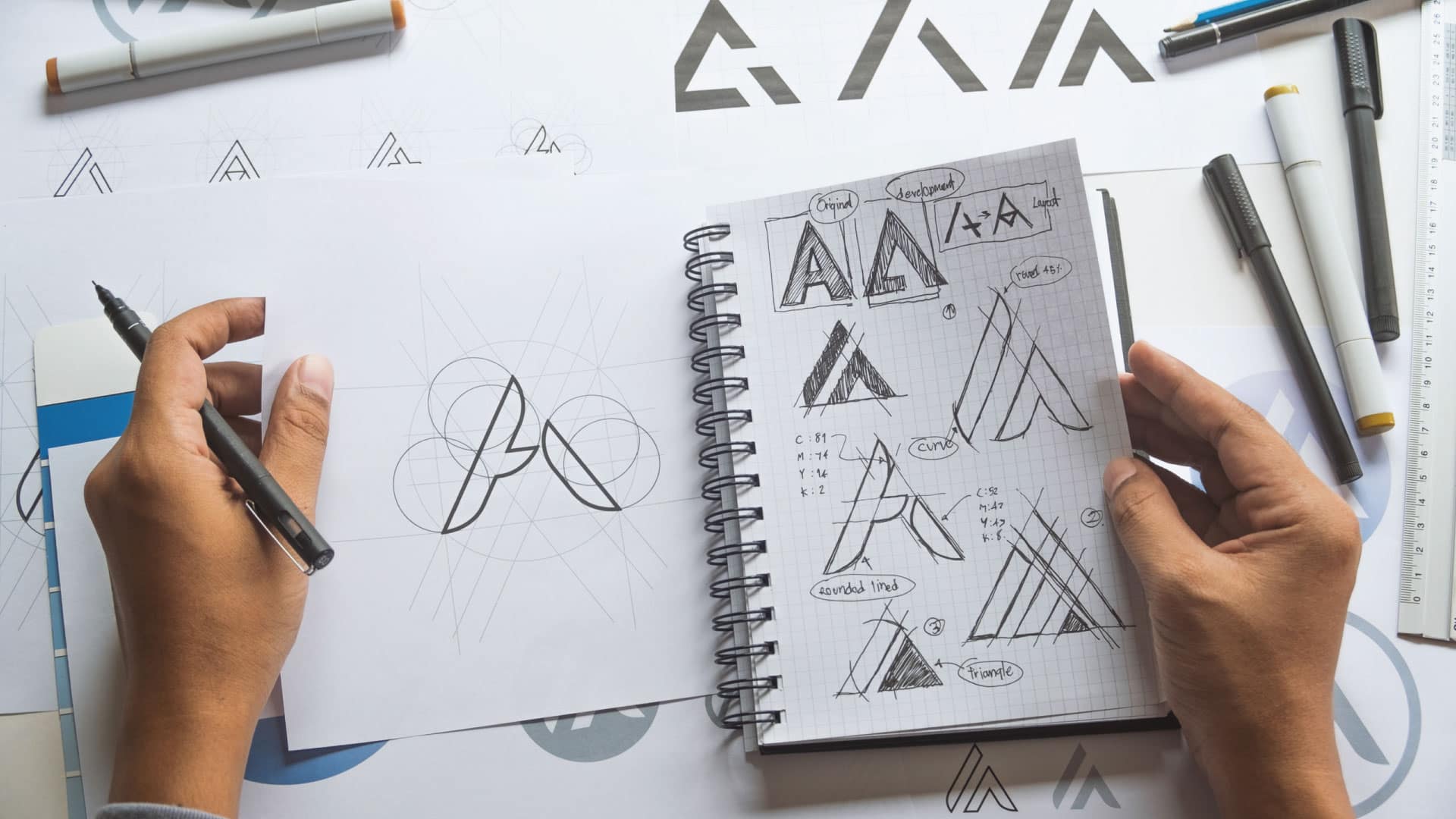In today’s rapidly changing job market, it’s clear that having a diverse set of skills is vital for career advancement. Whether you are stepping into your first job or are a mid-career professional aiming for the next level, honing the right skills can dramatically improve your employability and job performance. The journey to career success is not a destination but a continuous development process. This article will illuminate practical strategies for identifying and enhancing the skills that are most sought after in your industry, ensuring you stay ahead of the curve and remain highly valued.
The first critical step toward improving your career prospects is identifying the skills that are currently in demand within your specific industry. Industries vary widely; what’s essential in technology differs significantly from the skills needed in healthcare or education. To ascertain which skills are most valued, I recommend regularly consulting industry reports, attending trade shows, and engaging in professional networks. These sources can provide invaluable insights into current and future demands. Another useful approach is to analyze job postings closely—this not only helps you understand required skills but also highlights the nuances that may be prevalent in specific roles or companies. Speaking with colleagues or mentors can further clarify the skill sets necessary for career progression. By compiling this information, you can create a tailored roadmap for your skills development, aligning your growth efforts with measurable market demands.
Once you identify the necessary skills, the next step is to seek out educational resources that will help you cultivate them. Fortunately, the digital age has made access to learning resources easier than ever. Numerous online platforms now offer a variety of courses, webinars, and workshops tailored to specific skills. These platforms allow you to learn at your own pace, making it convenient for those with busy schedules. Consider resources like Cambridge Online Tutors, which offer personalized guidance aimed at skill enhancement. Additionally, many universities and professional organizations provide free or low-cost online courses on essential skill areas. Beyond formal learning, engaging in informal learning opportunities—such as community workshops or industry-specific groups—can also add rich experiences to your skill set. The key is to make a plan that includes different types of resources, encompasses both theoretical knowledge and practical applications, and fits your learning style.
Communication is arguably one of the most vital skills any professional can possess. The ability to articulate your thoughts and ideas—in person or in writing—can make a significant difference in your career. Clear communication facilitates teamwork, enhances presentations, and ultimately influences how effectively you can advocate for your ideas or proposals. To improve your communication skills, actively seek out opportunities that challenge you. Consider joining a public speaking group or taking part in writing workshops. These environments promote constructive feedback, which is essential for growth. It can be beneficial to regularly invite colleagues or mentors to review your presentations or written work, as their insights can offer valuable perspectives. Additionally, developing good listening skills is just as important; actively engaging in conversations and applying what you learn can enhance your overall communication prowess. Remember, effective communication fosters relationships and builds credibility, both of which are essential for career success.
Critical thinking and problem-solving skills are increasingly appreciated across various sectors. These competencies empower you to navigate challenges, analyze situations systematically, and develop effective solutions. One way to enhance these skills is through practice; consider tackling complex problems related to your industry or engaging with strategic games and puzzles that challenge your analytical thinking. Exploring case studies from your field can also provide insights into effective problem-solving techniques. Furthermore, collaborating with colleagues during brainstorming sessions or workshops can help you gain new perspectives and approaches to problem-solving. Remember, critical thinking is not just about logic; it’s also about being creative and open-minded in your solutions, allowing you to adapt to changing circumstances in the workplace effectively. The ability to critically analyze situations allows you to make informed decisions, enhancing your value as a team member or leader.
Time management is crucial for achieving both professional success and personal well-being. The ability to manage your time effectively allows you to meet deadlines while maintaining a balance between work and personal life. Learning to prioritize tasks is fundamental in this aspect. One useful method is the Eisenhower Box, which categorizes your activities based on urgency and importance, helping you focus on what truly matters. Additionally, leveraging digital tools—like calendar applications—can aid in organizing your commitments and setting timely reminders. It’s just as vital to identify and reduce time-wasting activities and become comfortable saying no to tasks that do not align with your goals. Effective time management entails understanding your workload and realizing that working smarter often trumps simply working harder. Establishing clear boundaries around your time can significantly reduce stress, making you more productive and satisfied with your work.
For individuals aspiring to move into supervisory or management positions, developing leadership and team management skills is essential. True leadership goes beyond giving orders; it involves motivating, guiding, and inspiring your team toward collective success. To nurture these skills, look for opportunities to take on leadership roles, even in small-scale projects, as they can offer valuable experience. Enrolling in leadership development courses can also be beneficial, exposing you to different management styles and innovative techniques. Moreover, striving to cultivate empathy and active listening within your leadership approach can greatly enhance your effectiveness. Understanding your team members’ needs and concerns fosters an environment of trust and collaboration, leading to better group dynamics and productivity. The more you invest in your leadership abilities, the greater your potential to influence positive outcomes in any organization.
The fast-paced nature of today’s workplace necessitates a proactive approach to technological familiarity. Embracing new technologies not only enhances your skill set but also ensures that you stay relevant and competitive. Many online resources provide tutorials and courses about emerging software and tools that are pivotal in various industries. Joining forums or online communities dedicated to your profession can serve as a valuable source of current industry trends and technological discussions. Taking the initiative to learn about new applications or systems relevant to your field can significantly bolster your expertise. By remaining adaptable and willing to learn, you not only increase your value to your employer but also empower yourself to tackle future challenges confidently.
Building a powerful professional network can profoundly impact your career opportunities. Networking is not just about exchanging business cards; it’s equally about fostering genuine relationships that can support your career development. Attending industry conferences, job fairs, and networking events enables you to interact with peers and industry leaders, which can lead to invaluable professional connections. Utilizing platforms like LinkedIn to showcase your skills and to stay updated on industry news expands your reach and helps you remain relevant in your field. Always remember to think of networking as a two-way street: look for ways to provide value to others in your network, whether that’s by sharing insights or connecting them to relevant contacts. Building meaningful connections often results in more than just job opportunities—it can contribute to lifelong mentorships and collaborations.









